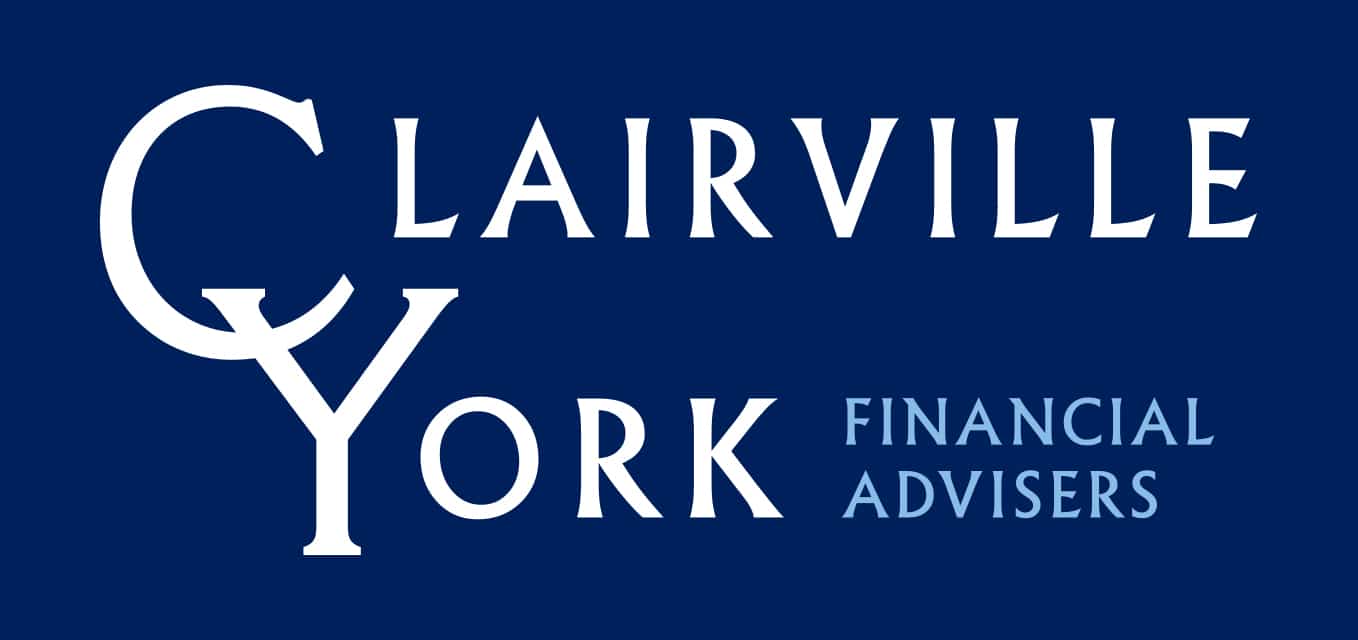Stamp duty exemption
Stamp duty land tax is payable on the purchase of residential property at escalating rates. The first £125,000 of value is exempt from tax, but the next £125,000 is taxed at 2%. The rate then continues to rise until it reaches 12% on purchase prices in excess of £1.5

